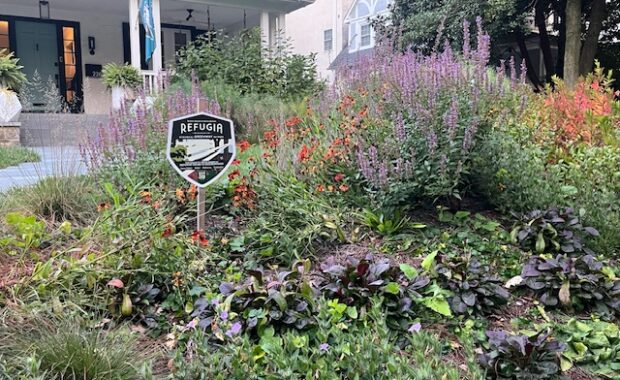This interview was first published on the website of Urban Ecosystem Restorations, a nonprofit urban land trust dedicated to restoring nature where we live, work, and play.
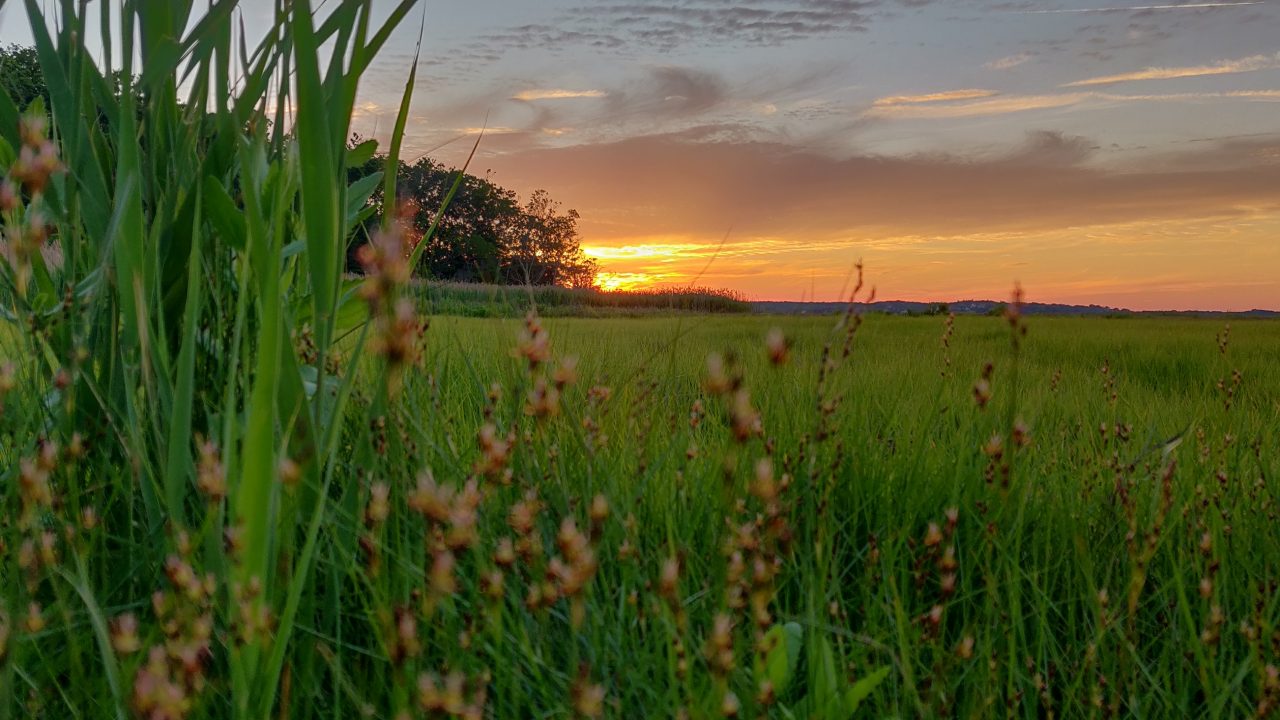
Open Space Plan
Barnstable, MA
Photo credit: Barnstable Land Trust
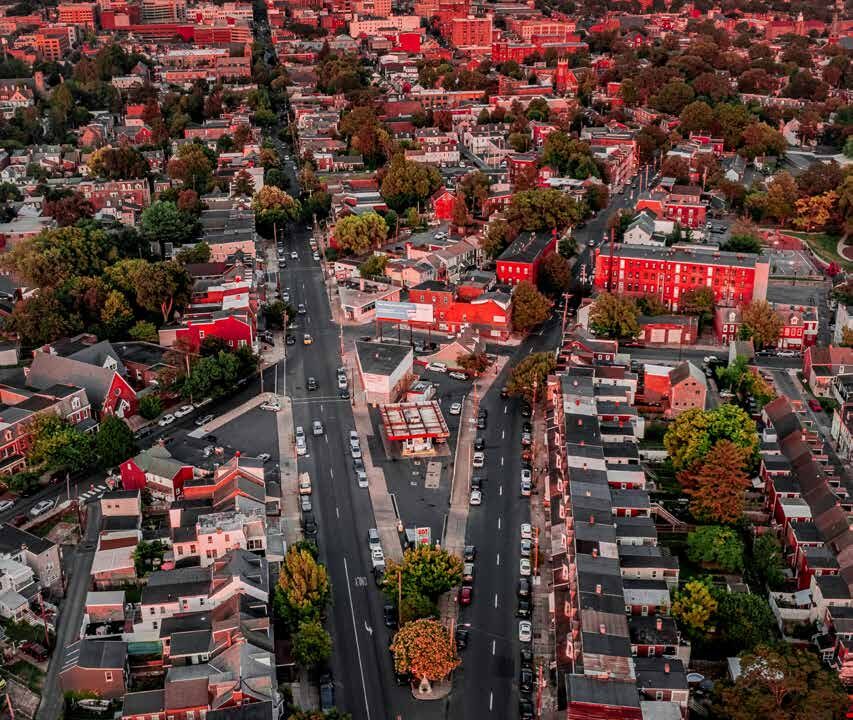
Our Future Lancaster Comprehensive Plan
City of Lancaster, PA
Photo credit: City of Lancaster
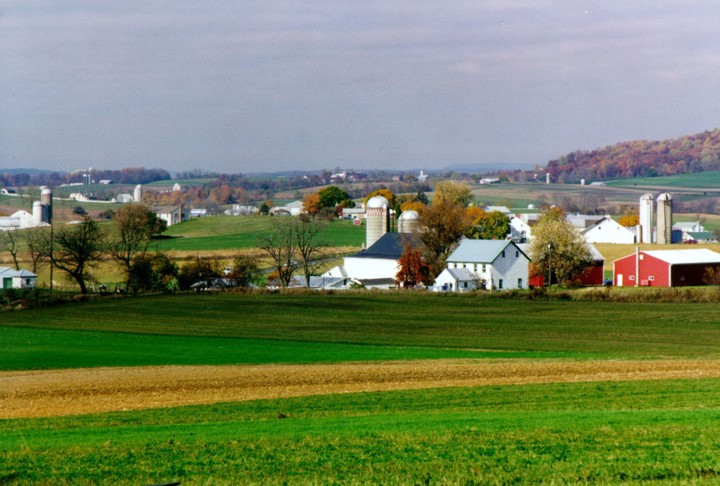
Balance Growth Management Plan
Lancaster County, PA
Photo credit: WRT/David Rouse
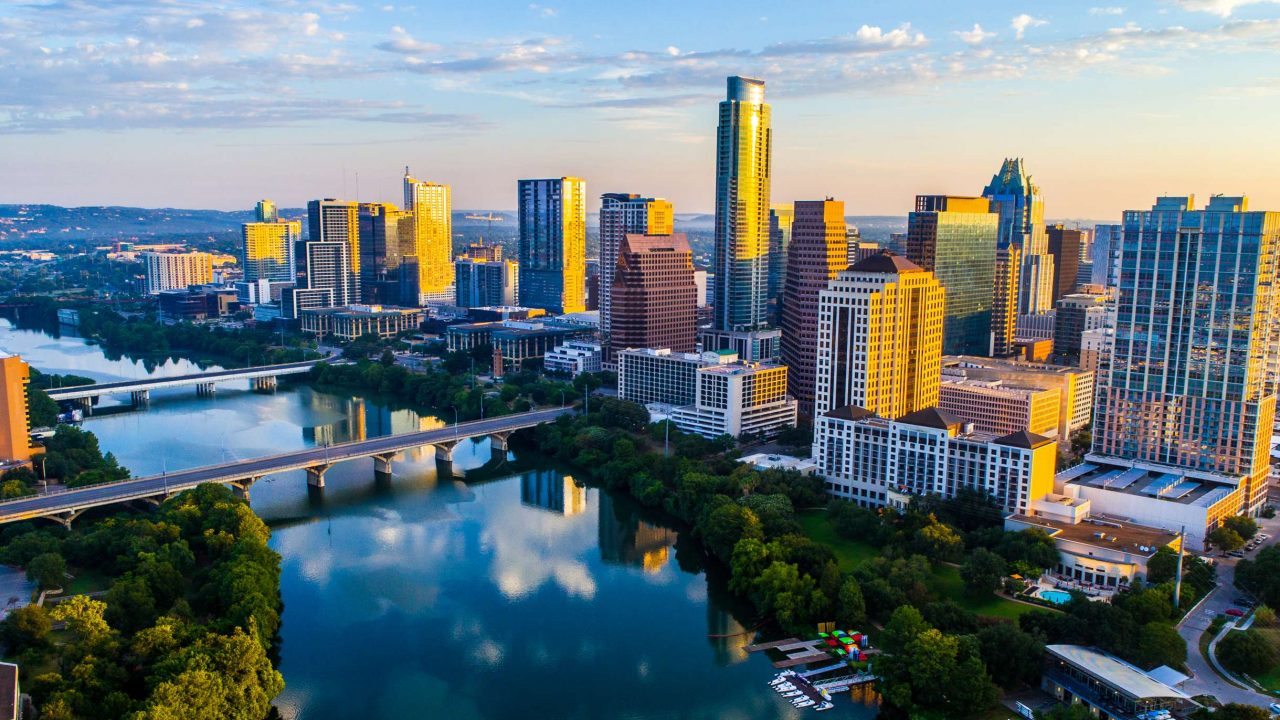
Imagine Austin Comprehensive Plan
Austin, TX
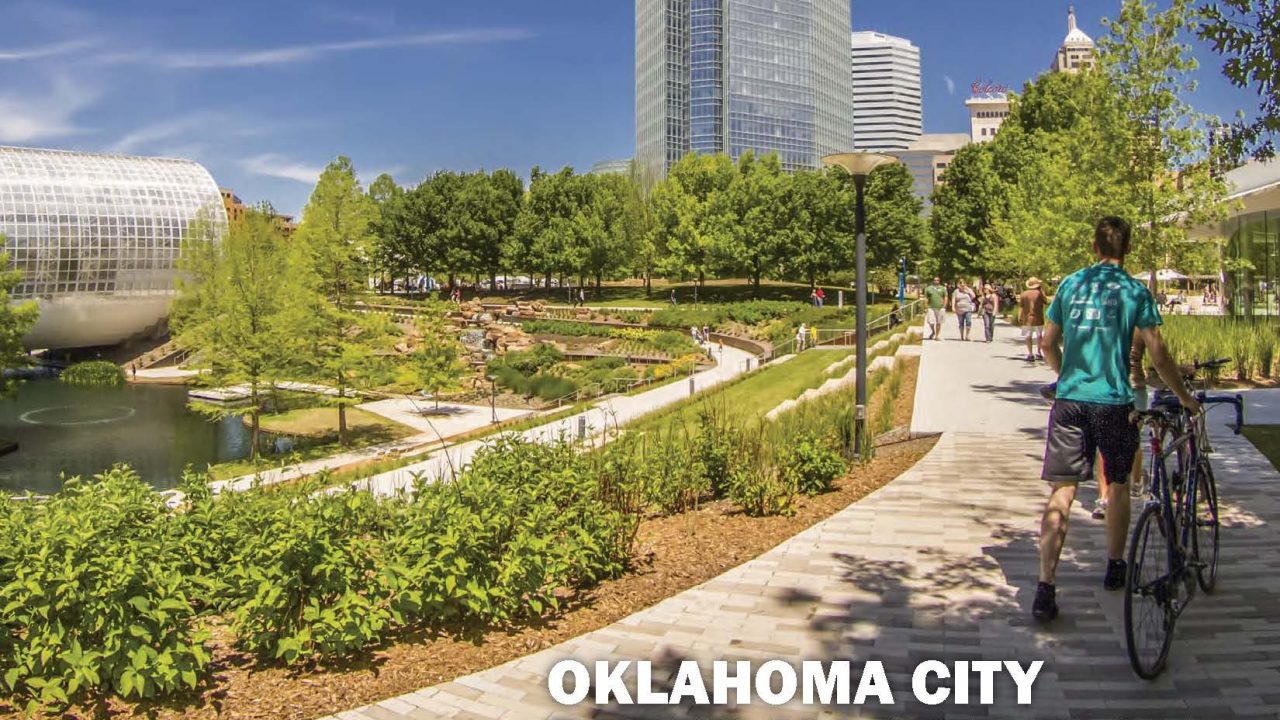
Parks Master Plan
Oklahoma City, OK
Photo credit: Oklahoma City/Carl Shortt
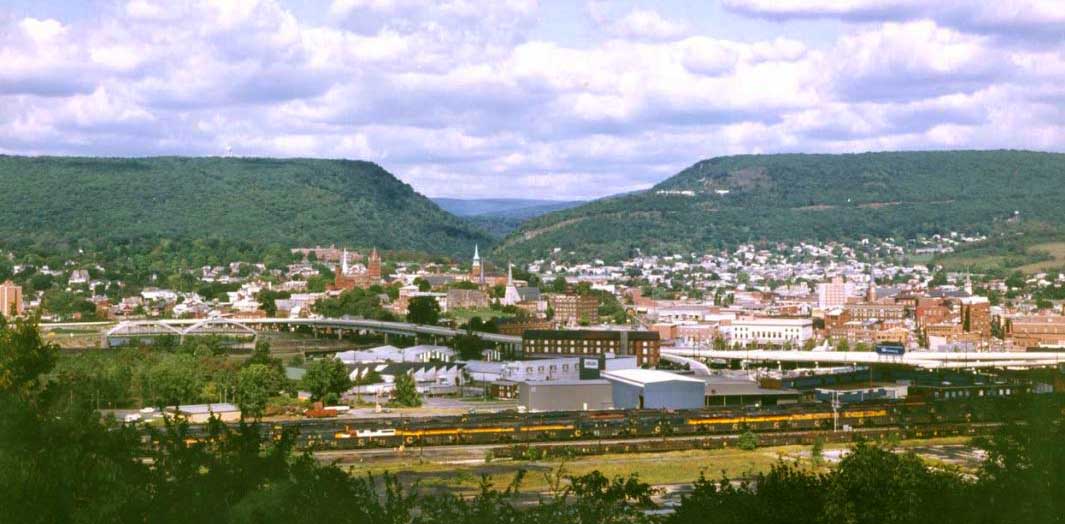
Comprehensive Plan
Cumberland, MD
Photo credit: City of Cumberland
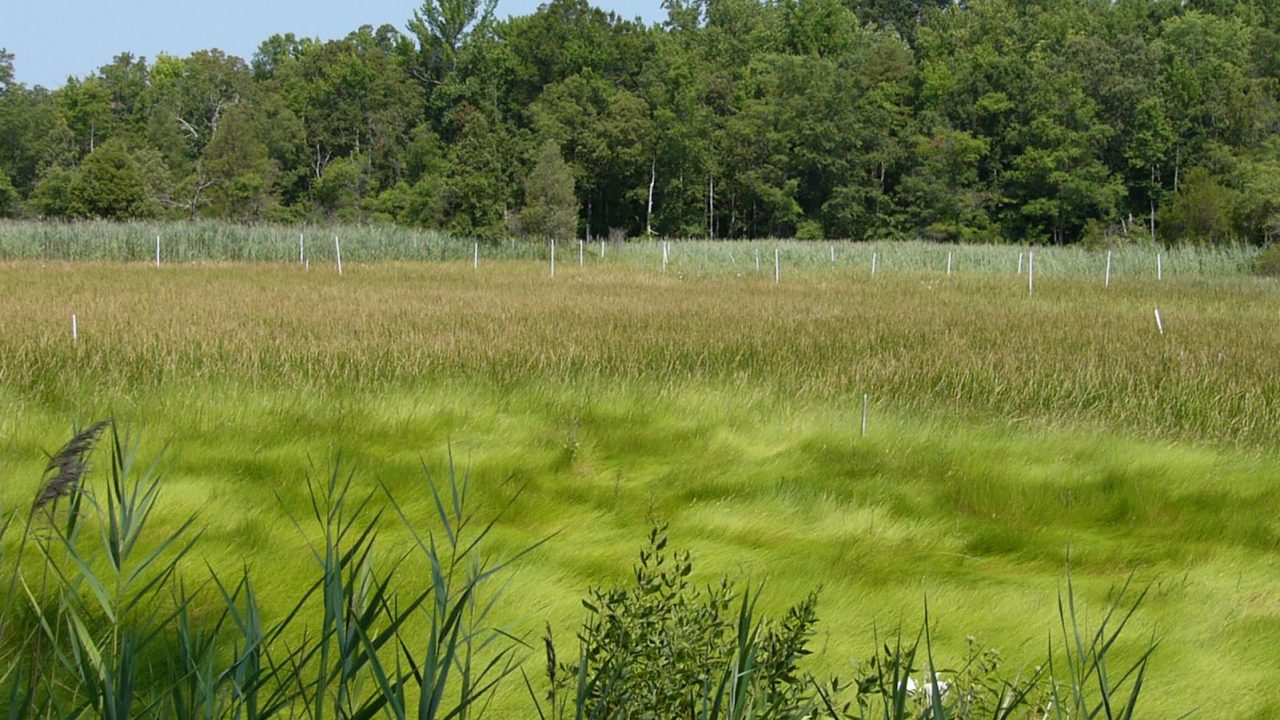
Green Infrastructure + Resilience Framework
Greater Baltimore Wilderness Coalition
Photo credit: The Conservation Fund/Ted Weber
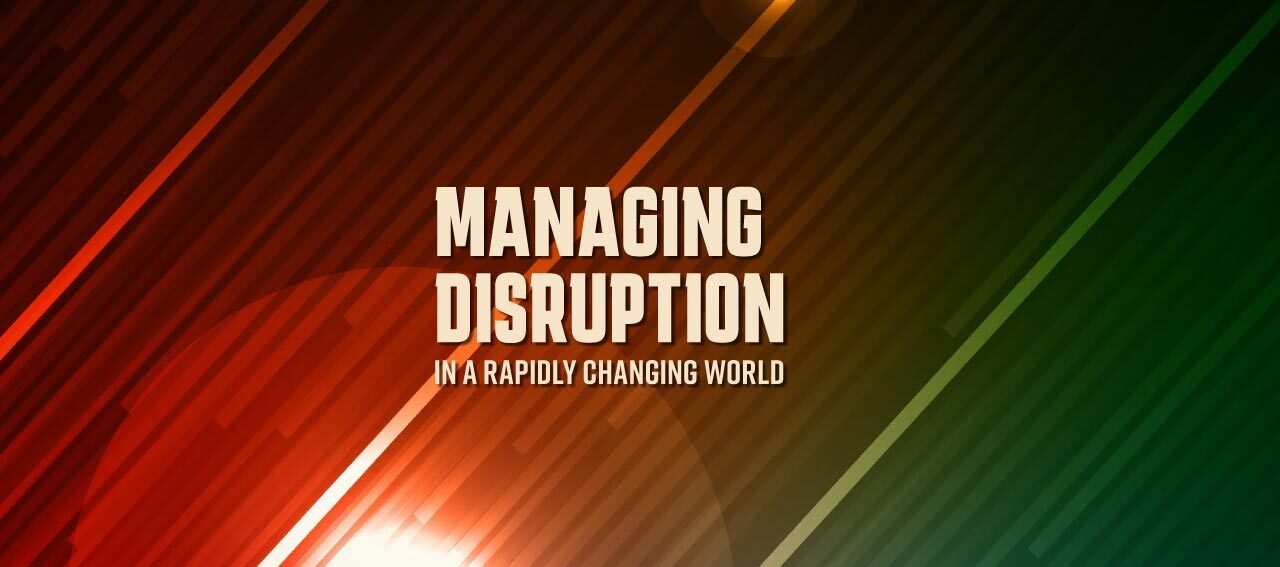
Managing Disruption Briefing Book
UNC School of Government
David Rouse, FAICP, ASLA, is a planner and landscape architect with over 40 years of experience, focused on creating healthy, resilient, and sustainable communities.
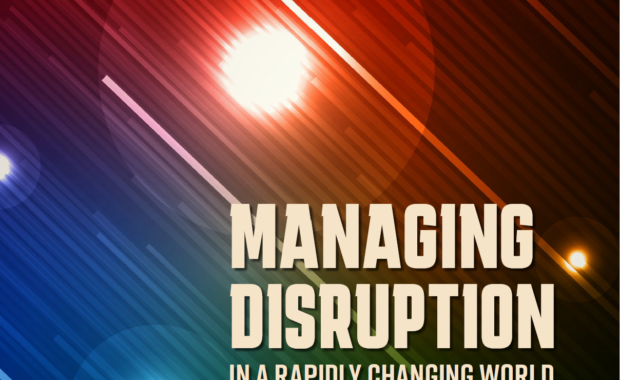
Managing Disruption in a Rapidly Changing World: A Briefing Book for Decision-Makers in North Carolina
Communities across the nation are experiencing the effects of disruptive, accelerating change. A key question for local governments is: how can we address the myriad of forces that are impacting us now or may impact us in the future?
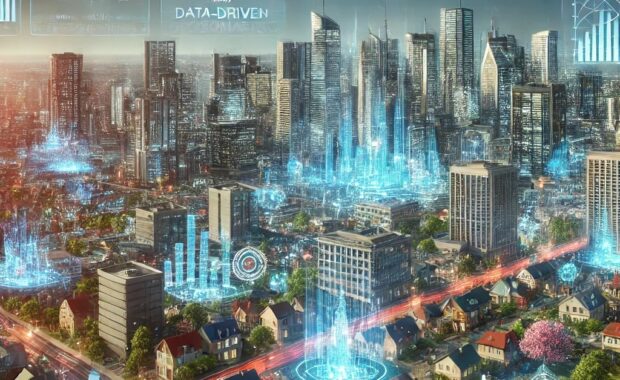
Artificial Intelligence and the Future of Planning
I asked ChatGPT how artificial intelligence will impact the future of the planning profession. Can I believe what it told me?
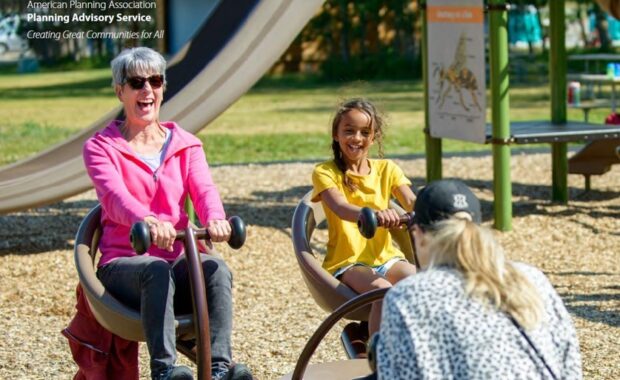
The Importance of Intergenerational Community Placemaking
Intergenerational community placemaking creates settings that provide opportunities for people of all ages to connect with each other, at scales ranging from individual buildings or sites to neighborhoods, community, and beyond.
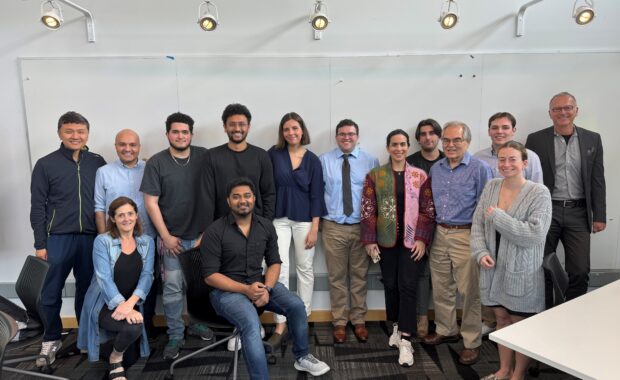
Celebrating the Next Generation of Planners and Designers
This past academic year I had the pleasure of teaching students in three graduate programs at two universities: the Urban Studies and Planning program at the University of Maryland and the MS in Sustainable Design (MSD) and Master of Urban Design (MUD) at Thomas Jefferson University.
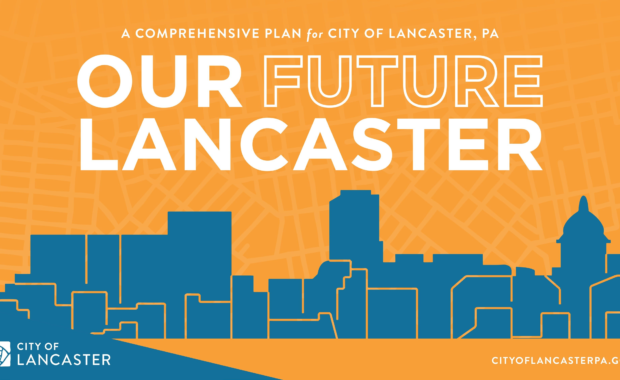
City of Lancaster Comprehensive Plan
2023 marked a significant milestone for the City of Lancaster, PA: it adopted Our Future Lancaster, its first comprehensive plan in 30 years. I was honored to play a small role in developing the plan as a consultant to the city.
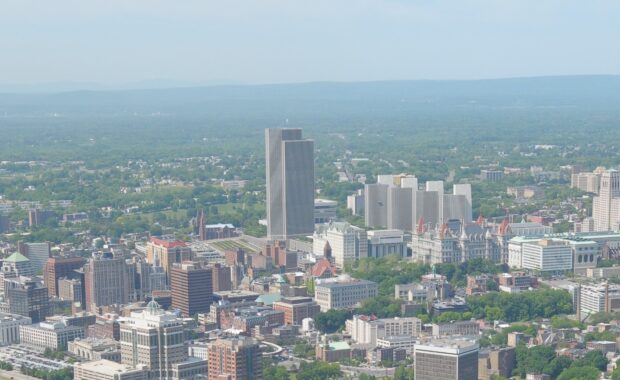
Are Planners Systems Thinkers?
Planners like to say we are systems thinkers. Given its comprehensive scope and crosscutting characteristics, planning would seem to lend itself to holistic (as opposed to piecemeal or linear) approaches compared to narrower, more specialized professions. But do planners really apply systems thinking in a rigorous way in planning practice?
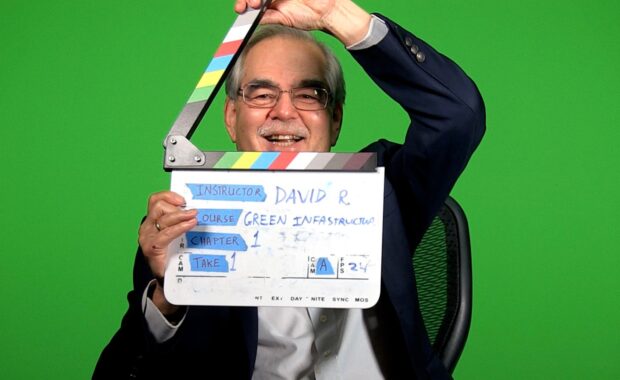
Planetizen Courses
I was delighted to record three online courses in Planetizen’s LA studio! The courses (on comprehensive planning, green infrastructure, and planning for disruptive change) are available through Planetizen’s Education and Training in Urban Planning subscription service.
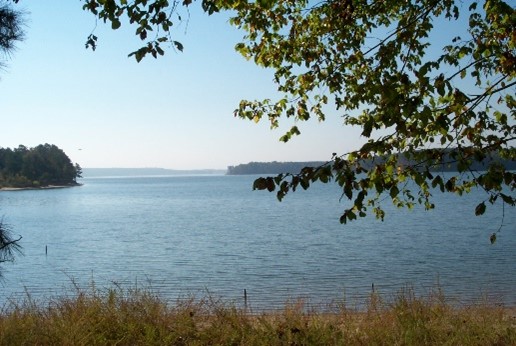
Taming Disruption: A 2023 National Planning Conference Session
Originally written for the American Planning Association’s Water and Planning Network newsletter, this article describes an NPC 2023 session on disruptive change from the perspective of water.
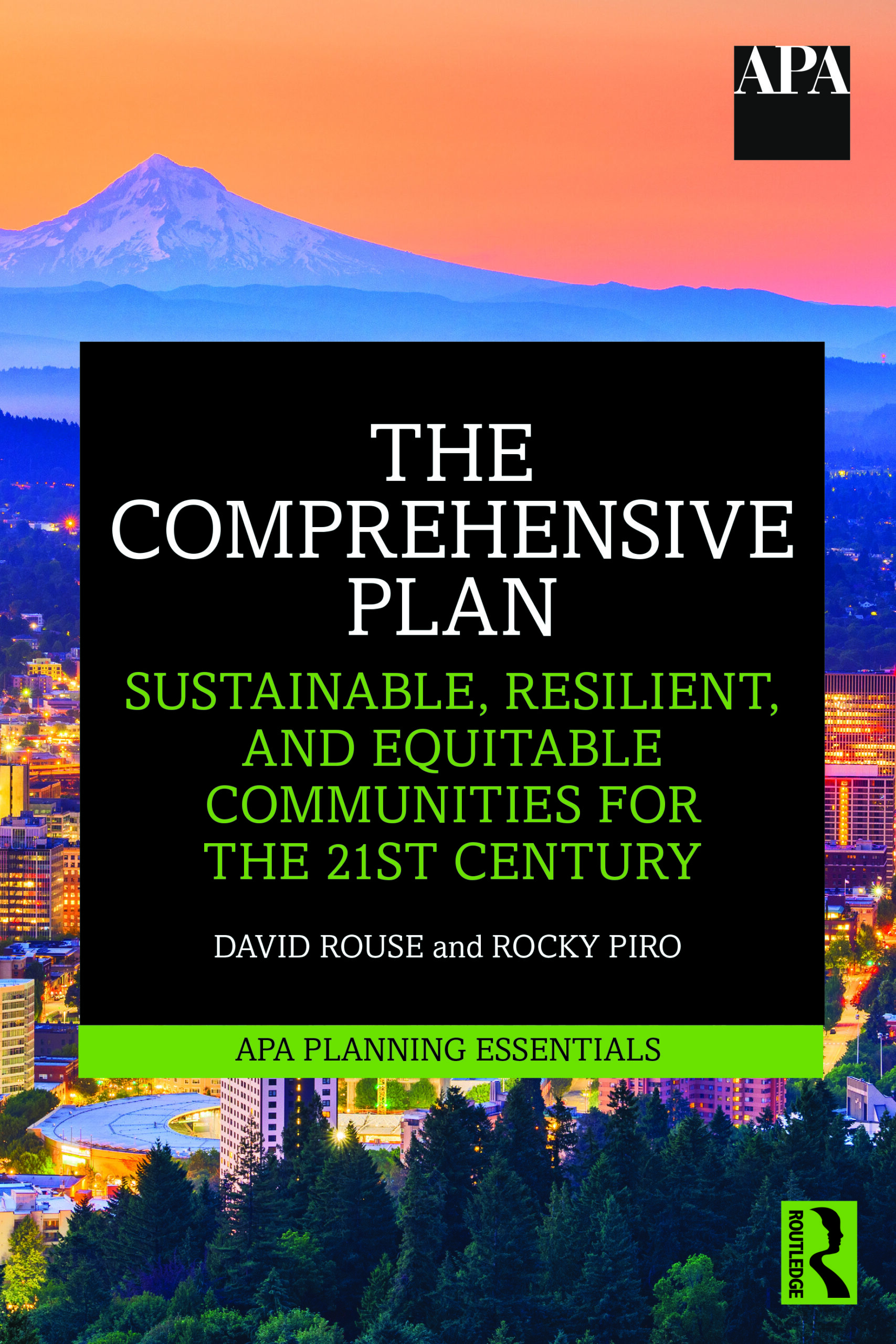
The Comprehensive Plan recognized as a one of 2022’s top books
Rocky Piro and I are honored that our book, The Comprehensive Plan: Sustainable, Resilient, and Equitable Communities for the 21st Century, has been recognized by Planetizen and ASLA as one of 2022’s best books.
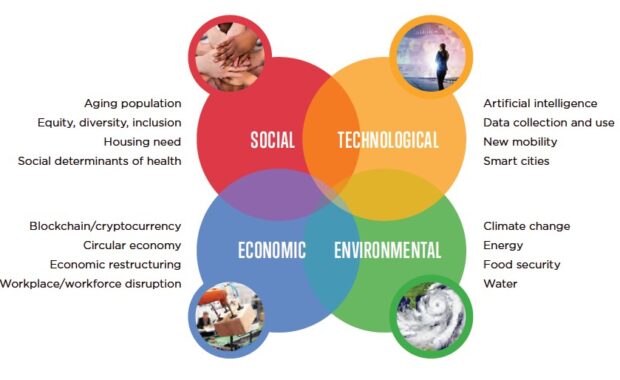
Triangle Trends Report: Tracking Disruption
Ben Hitchings, principal of Green Heron Planning, LLC, and David Rouse partnered with the Triangle J Council of Governments in North Carolina to prepare a report on how communities in the Triangle region can prepare for the disruptive impacts of change.
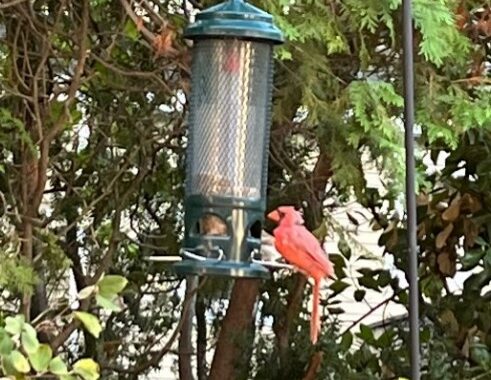
Synanthropic Species: Why Are They Important to Our Future?
Synanthropic species are animals that live in close proximity to people, benefit from the environments we create, but (unlike domesticated species) are beyond our control. Given pressing global challenges such as climate change, resource depletion, and rapidly diminishing biodiversity, how can synanthropic species possibly be important to the future of the planet?

The Future of Planning
Congratulations to Arthur C. Nelson for 50 years of service to the planning profession! I was honored to contribute an article on the future of the comprehensive plan to a special edition of Georgia State University’s Journal of Comparative Urban Law and Policy celebrating his many professional accomplishments.
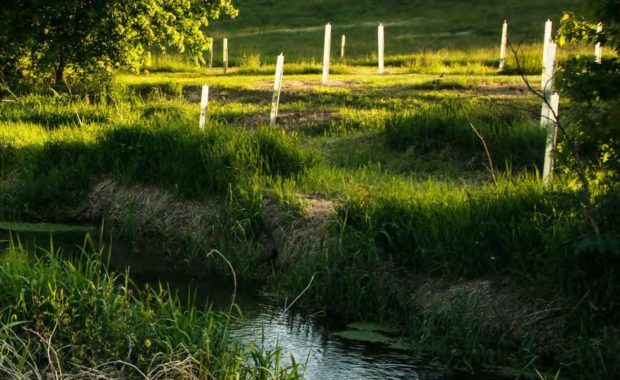
Financing Green Infrastructure: Lessons from the Chesapeake Bay Watershed
Written by David Rouse with support from Econsult Solutions, Inc., this International City-County Management Association (ICMA) report provides guidance for small to mid-sized communities on how to develop a green infrastructure financing program.
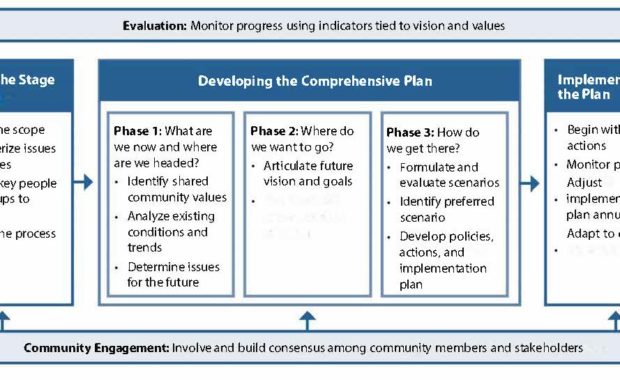
Read an Excerpt from The Comprehensive Plan
Chapter 1 is the introduction to The Comprehensive Plan: Sustainable, Resilient, and Equitable Communities for the 21st Century, by David Rouse and Rocky Piro.
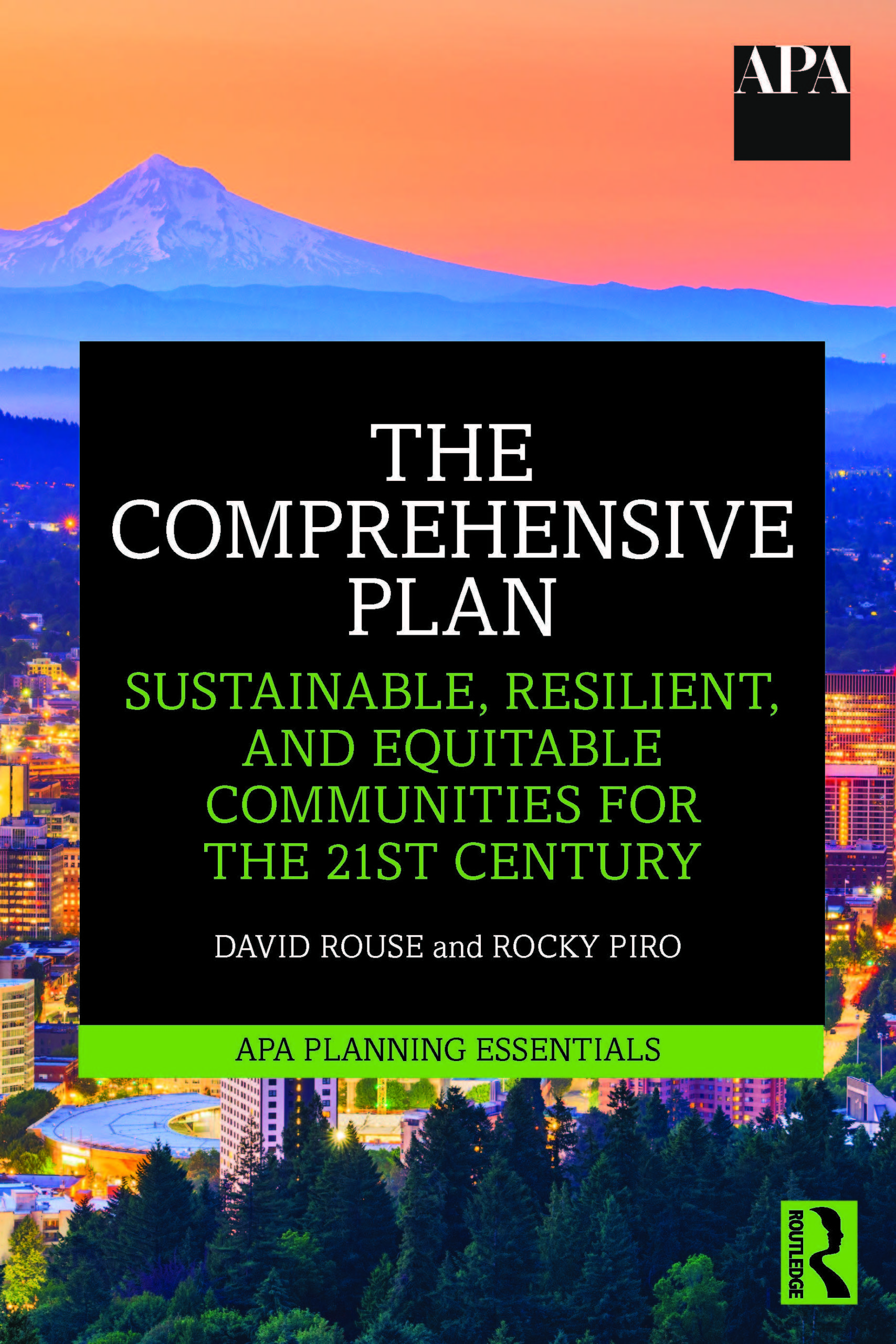
The Comprehensive Plan has been published by Routledge
The Comprehensive Plan: Sustainable, Resilient, and Equitable Communities is available from the Routledge website. Rocky Piro and I appreciate the positive reviews by Arthur C. Nelson, Mitchell Silver, Silvia Vargas, and others.
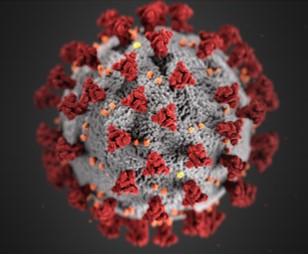
How Can Communities Succeed in the New Normal?
The 21st century is a time of accelerating change with profound implications for local communities. As we look towards 2022 amidst an uncertain recovery complicated by new variants of COVID-19, now the time to prepare for the shocks and stresses that the future will bring.
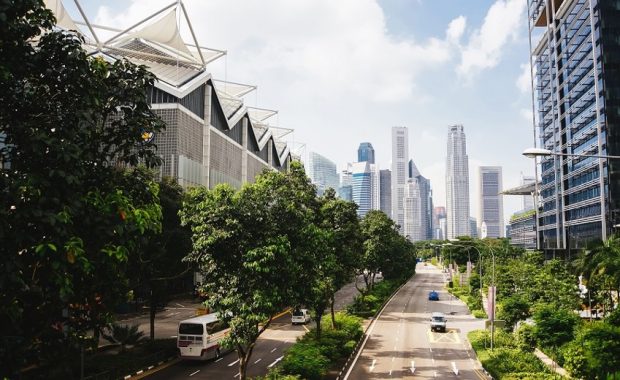
Nature in the Smart City
This piece is excerpted from Smart Cities: Integrating Technology, Community, and Nature, a PAS Report published by the American Planning Association. The report is available for download on the APA website.
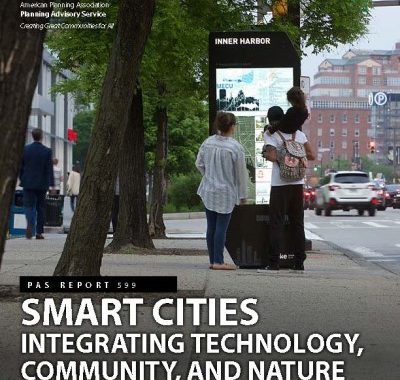
New PAS Report on Smart Cities
Written by Petra Hurtado, Ben Hitchings, and David Rouse, the report addresses the equitable use of smart city technology to enhance livability, sustainability, and resilience.

ProAct Now: Prepare Effectively for Change
Ben Hitchings, FAICP, principal of Green Heron Planning, LLC, and I are pleased to announce a new consulting service designed to assist communities and organizations prepare for change.
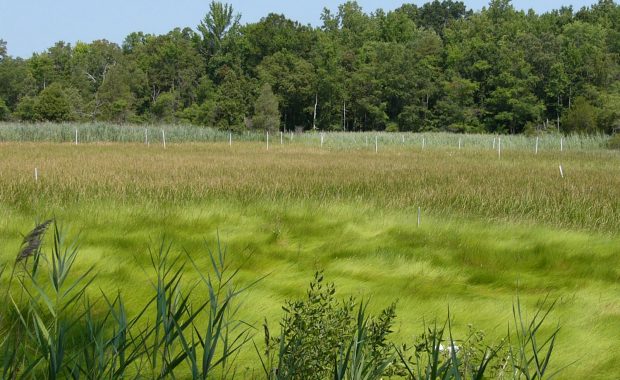
Green Infrastructure and Climate Change: A One Water Approach
I co-wrote this article with Scott Turner, PE, AICP, LEED AP ND, Director of Planning at Environmental Partners in Quincy, MA, for the American Planning Association’s Water and Planning Network.
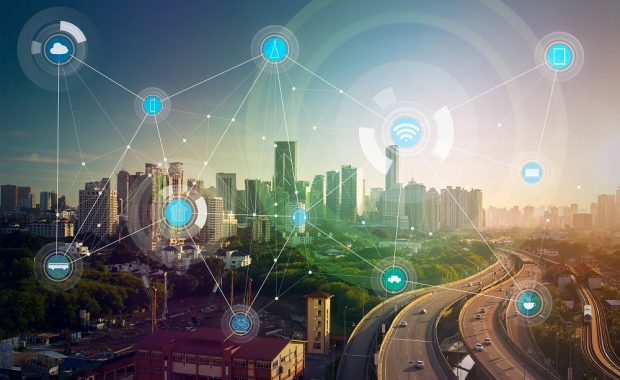
Planning the Hyperconnected City
This post was first published on the Econsult Solutions, Inc. (ESI) website on March 6, 2020. It provides my thoughts on ESI Thoughtlab’s global research initiative, Building a Hyperconnected City.
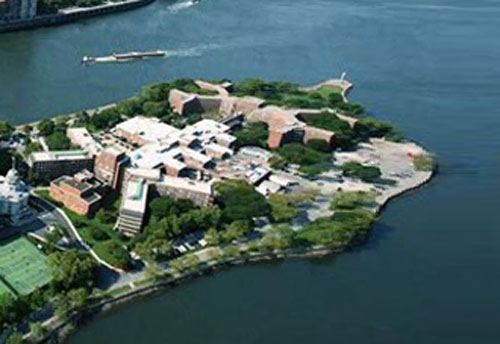
What Is Ecological Landscape Design?
Ecological landscape design draws on the principles of landscape ecology to create landscapes that evolve and sustain themselves over time, providing ecosystem services and benefits for people and other species. (Image: Randall’s Island, New York City)
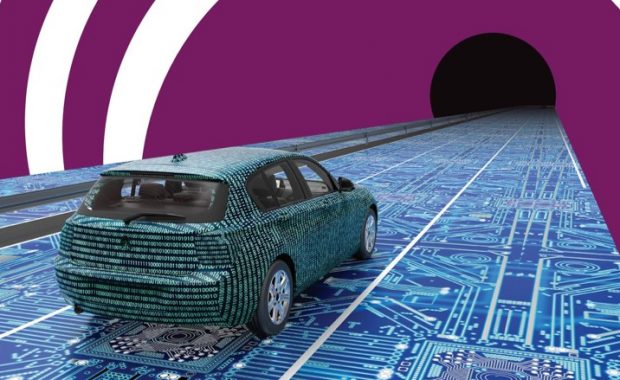
How Can Communities Plan for Technological Change?
This article addresses the disruptive effects of current technological trends and suggests an approach that communities might use to navigate technological change in an increasingly uncertain world. (Image credit: American Planning Association)
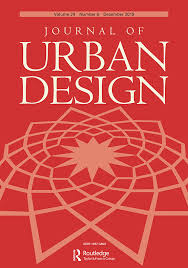
What are the implications of autonomous vehicles for urban design practice?
Published online in Routledge’s Journal of Urban Design in November 2019, this commentary by David Rouse explores challenges and opportunities for the urban design profession created by the anticipated deployment of autonomous vehicles over the coming decades.
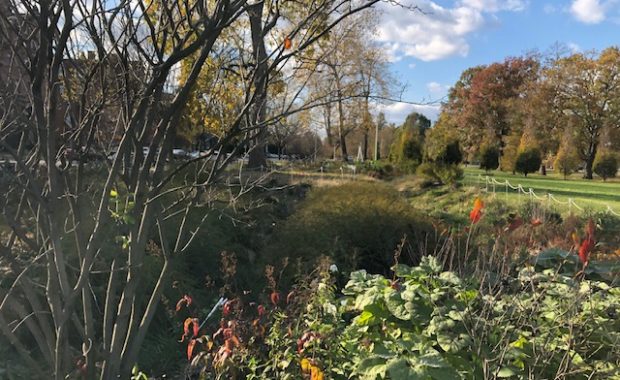
Green Infrastructure: Salvation or Hype?
Viewed as a system, green infrastructure forms a continuum from green stormwater management at the site scale to a network of natural lands and open space at the scale of the metropolitan region. How effective is green infrastructure as a solution to help communities deal with extreme weather and other impacts of climate change?
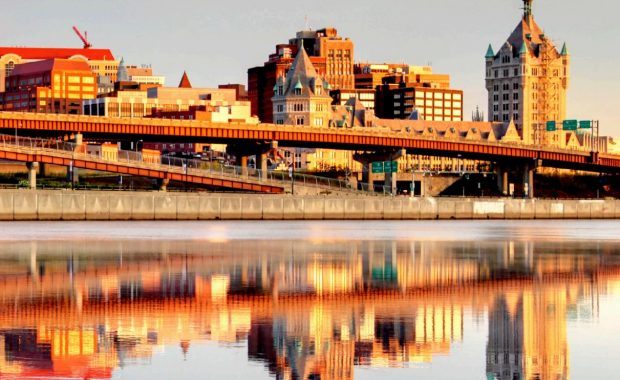
What Makes a Comprehensive Plan Effective?
An effective comprehensive plan is integrated, inclusive, implementable, scalable, and visionary in anticipating change.

